A Monograph on Longevity
By Dong Zhongshu
(179 – 104 BCE)
Translated by Heiner Fruehauf
National University of Natural Medicine, College of Classical Chinese Medicine
Dong Zhongshu (179 – 104 BCE) was a Han dynasty scholar with Confucian inclinations. His most important work, potentially a collaboration of different authors, is the Chunqiu fanlu (Luxuriant Dew of the Spring and Autumn Annals). Written around the same time that the main classic of Chinese medicine (Huangdi neijing) was first edited into a coherent whole, it contains a variety of treatises on yin-yang cosmology and the five phase elements. In particular, it establishes the central importance of the earth element in Chinese philosophy, a concept that later took on pivotal importance in the development of Chinese medicine theory.
In the following excerpt from chapter 77 of his seminal work, entitled Xuntian zhi dao (The Path of Acting in Accordance with Heaven), Dong Zhongshu expands on the ancient Chinese concept that the heart as the seat of the spirit and the emotions is at the center of all bodily functions, and that its balanced state is the source of all harmony, health, and the treasured quality of longevity. In this monograph on the nature of longevity (shou) he lays the groundwork for the Confucian concept that human actions, particularly the harmonizing of human emotions, determine one’s health and longevity as much as inherited and predetermined factors (ming). It is this radical emphasis on the equilibrium of human emotions that inspired later Confucian thoughts on life and medicine, from the cosmological teachings of the 12th century philosopher Zhu Xi to the development of a 5-element emotional healing system of the 19th century educator Wang Fengyi.
All bodily functions follow the command of the heart. The heart is the ruler of all qi movement. What are the reasons, then, when certain functions do not obey the lead of the heart? All of the world’s paths of cultivation postulate that the inner heart-mind is the root of existence.
The reasons why benevolent and compassionate individuals tend to live long, therefore, are because they do not desire things on the outside, while maintaining a clean and clear state on the inside. Their heart is always in balance and harmony, without losing that centered right way of being. They appreciate everything that is beautiful in the universe, thereby nourishing themselves. The more somebody lives in this state of the balanced heart, the more stable and healthy one is.
The reason why the crane is a creature of longevity is because it does not carry any resentment within, and is therefore willing to eat even pieces of ice. The reason why the big apes are creatures of longevity is because they love to stretch their extremities and thus draw energy circulation into the farthest recesses of their body. It is the standard path of Heavenly qi to pour down onto the earth, proving that the Dao also draws qi to its feet. The qi of Heaven, moreover, is in perpetual motion and never stagnates, therefore the universal Dao never gets stuck and bent out of shape.
The cultivated person therefore nourishes and harmonizes the heart-mind, while at the same time moderating and restricting its whims. S/he cleanses herself of all that is “too much”, while saying “yes” to everything that is harmonious and in balance. Lofty balconies are too yang, cavernous halls are too yin, and both are thus far from the natural harmony that every thing and every creature between heaven and earth is imbued with. Therefore, the Sage practices non-doing, and strives for the center.
In matters of sexual union, therefore, stick to times when essence is abundant. For smell and taste, expose yourself to superior flavors. For your living space, seek harmony of yin and yang. For work, seek the middle ground between exhaustion and idleness. As for temperatures, stay with what is comfortable. With your eating habits, keep a balanced approach–don’t starve yourself, nor fill yourself to the brim. When maneuvering the impulsive ups and downs of your cravings and aversions, apply common sense. When choosing between action and non-action, surrender to the flow of fate (xingming). During impulsive outbursts of excitement or anger, keep as close as possible to a centered state. When feeling depression and anxiety, return to balance as quickly as you can.
If we can make this centered, equitable state our reality, we have achieved the ideal situation of a balanced life expressed by Hexagram 11, Tai: the harmonious union of Heaven and Earth. If we live in this state, our lifespan will be drawn out and become longer. If we do not live in that state, our lifespan will be injured and become shorter.
The potential for a long or a short life is granted each human being by Heaven. Therefore, our allotted lifespan can be long or short, and in the process of nourishing it we can gain or lose time. If we want our life to extend it to its utmost potential, know that great similars do correspond, and cannot be separated from each other. Therefore, “shou” really means “chou”—to correspond, to resonate. Although there are many humans in the world, each and every one of us corresponds most closely to those who gave birth to us. In similar fashion, a long or a short life is directly related to one’s own actions. The path of action that can endure for a long time, that person’s lifespan corresponds to a long road. The path of action that cannot endure for a long time, that person’s lifespan corresponds to a road that will not be long. The situation of long or not long, therefore, corresponds directly to one’s conduct in life.
It can therefore be said that every one of our actions has the potential to increase or decrease our allotted lifespan. If one’s conduct is dissolute yet one still happens to live long, then this is simply because fate (ming) came to the rescue. If one’s conduct is exemplary yet one’s life still ends up being short, then one’s personal fate did decrease it. In any case, we should never use the fact that Heaven can increase or decrease our lifespan to doubt somebody’s actions—otherwise this would be the ultimate confusion!
In sum, it can be said that there are situations when Heaven grants us a long life and our behavior injures this potential; this is to damage longevity. On the other hand, there are situations when Heaven endows us with a short lifespan, yet we manage to diligently nourish it and thereby extend it; this is to increase shortage.

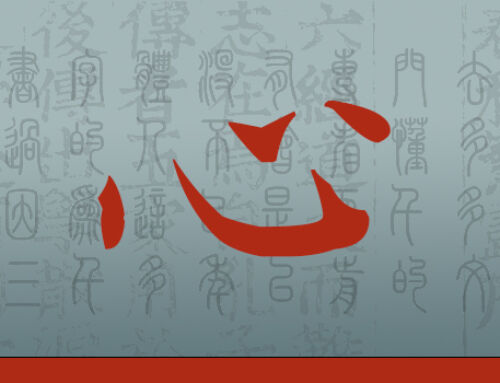
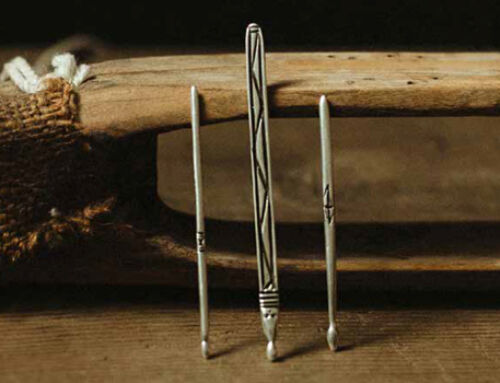
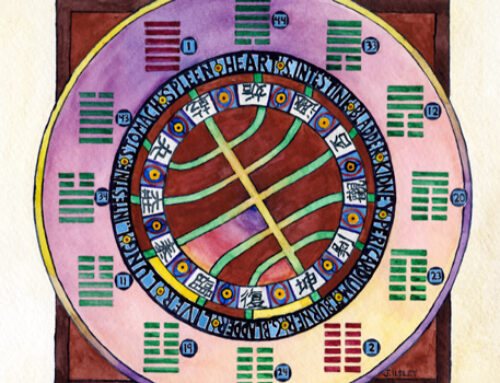
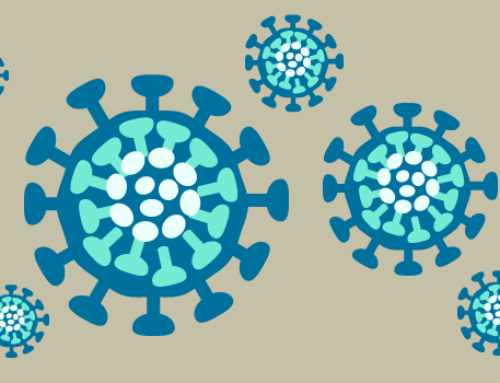
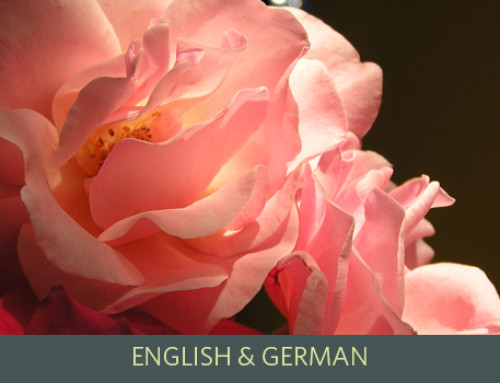
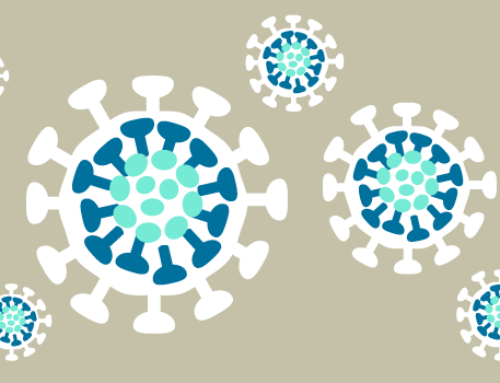
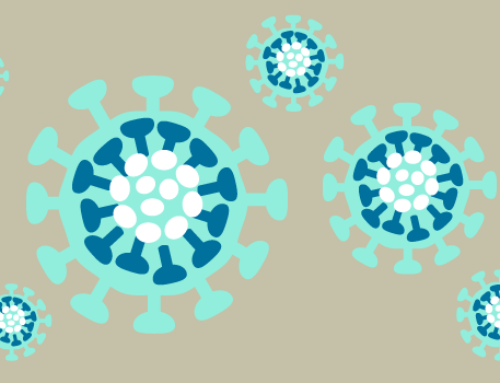
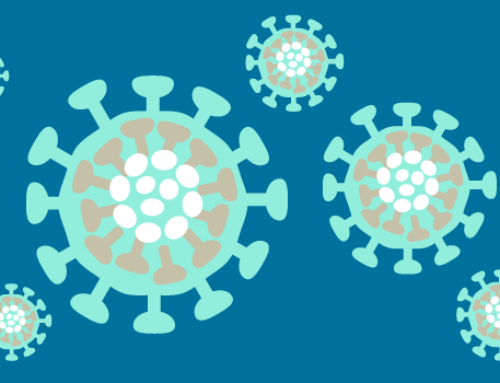
Leave A Comment
You must be logged in to post a comment.